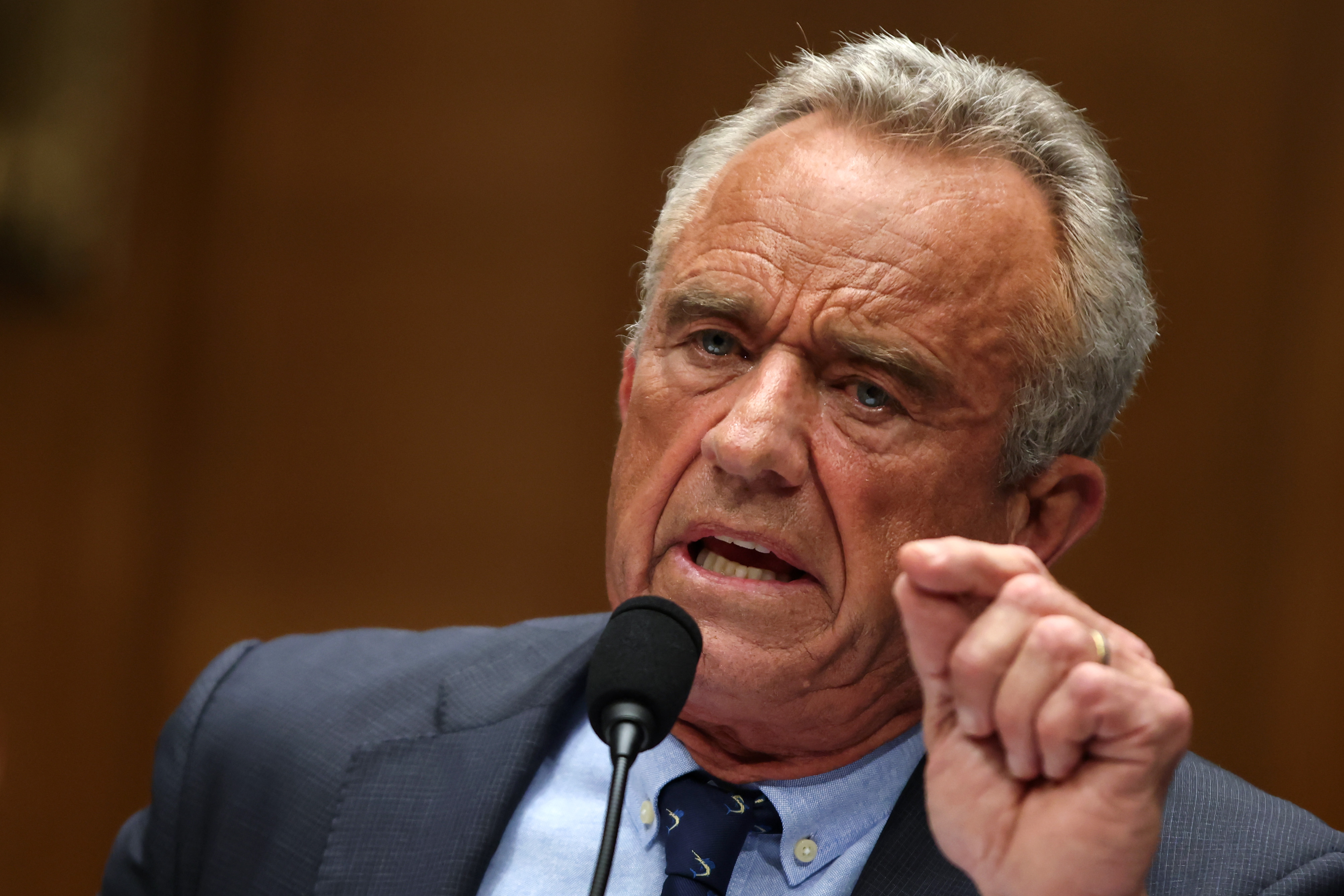Robert F. Kennedy Jr. and the Vaccine Debate: Insights from a Recent Hearing
During a recent House committee hearing, U.S. Secretary of Health and Human Services Robert F. Kennedy Jr. made headlines with his candid admission that the public should not seek medical advice from him. This statement comes amid ongoing controversies surrounding his long-standing skepticism about vaccines, positioning him as a polarizing figure in American public health discourse.
Acknowledging Limitations
Kennedy Jr. addressed questions from Wisconsin Democrat Rep. Mark Pocan, during which he openly stated, “I don’t want to seem like I am being evasive, but I don’t think people should be taking medical advice from me.” This admission is particularly noteworthy given his role as health secretary, which arguably places him in a position of influence regarding health policy and vaccine advocacy.
The Measles Vaccine Quandary
When pressed about his perspective on vaccinating children against measles, Kennedy Jr. initially stated, “Probably for measles,” only to backtrack moments later—illustrating the contentious nature of the vaccine conversation. His remarks have raised eyebrows as he admits that his opinions on vaccination are "irrelevant," pointing to a possible internal conflict regarding his public persona and personal beliefs.
Seeking Balance in Messaging
Kennedy Jr. emphasized the need to provide balanced information regarding the pros and cons of vaccinations. He stated, “What we’re trying to do is to lay out the pros and cons, the risks and benefits accurately as we understand them.” This focus on transparency recognizes the complexities surrounding vaccine discussions, although many critics contend that his message can often blur scientific consensus.
Misconceptions and Controversial Claims
Despite promoting a nuanced view, Kennedy Jr. has made numerous controversial assertions regarding vaccine safety. He previously claimed that measles vaccines are "leaky," a statement which has been widely debunked by scientists. His consistent promotion of discredited notions, such as the link between vaccines and autism, has further entrenched him in public health controversies.
The Broader Context of Public Health
Kennedy Jr.’s notoriety extends beyond vaccinations. He has publicly criticized entities like the CDC, labeling it as a “sock puppet for Moderna and Pfizer.” His comments echo a broader distrust in public health institutions, particularly in the wake of the COVID-19 pandemic. Comparisons he has drawn between U.S. vaccine mandates and historical atrocities have only fueled the divisive discourse surrounding vaccination in America.
The Dichotomy of Vaccine Positioning
While Kennedy Jr. has long been associated with anti-vaccine rhetoric, he has also attempted to clarify his stance. In previous statements, he has suggested that he is not "anti-vaccine" per se, asserting that vaccines should be an informed choice rather than a mandated requirement. “If vaccines are working for somebody, I’m not going to take them away,” he has stated, emphasizing personal choice and informed consent.
Public Reaction and the Importance of Dialogue
In light of these discussions, public sentiment remains mixed. Many Americans are concerned about vaccine misinformation and its potential ramifications on public health, particularly as vaccine hesitancy rises. Engaging in open, respectful dialogue around these issues is paramount, especially when considering the lives and wellbeing of communities.
Navigating Forward
As health policies continue to evolve, and as debates around vaccination persist, Kennedy Jr.’s position will likely remain a focal point in public health discussions. Balancing personal beliefs, public health imperatives, and transparent communication will be essential as society seeks to navigate these contentious waters.
This ongoing conversation underscores the complexities within public health, particularly when influential figures like Kennedy Jr. play such a visible role. As the landscape of vaccine advocacy continues to shift, the implications of these discussions will have lasting effects on the American public’s health and trust in medical guidance.


